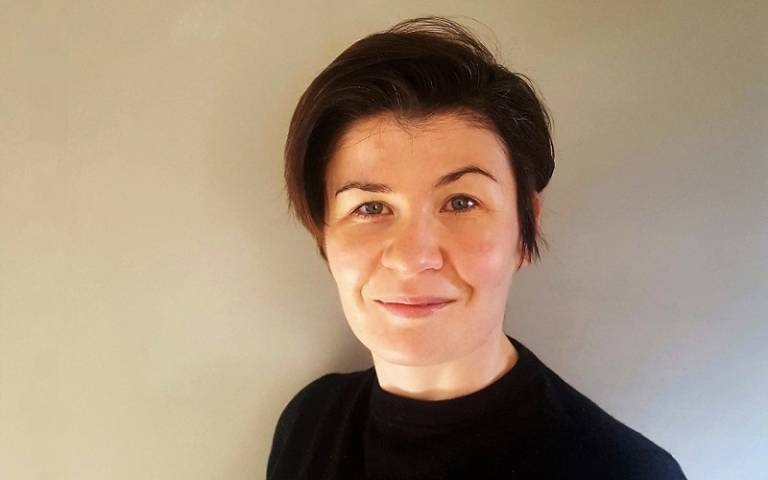New Voices in International Law and Global Governance
22 February 2019
An interview with Aoife O'Donoghue, Professor of International Law and Global Governance at Durham University.

How does your own area of research relate to global governance?
I do international law. My research is very much about how international law is engaged with global governance. I am interested in how law and politics interact with each other, how law facilitates or hampers politics, and where law happens instead of politics, or sometimes politics happens instead of law.
Going forward, what do you think is the biggest challenge for global governance research?
I think we need to reconstitute ourselves as a research community to gain a better understanding of why global governance has been challenged and what we have missed. Of course, some elements of what is happening at the moment – the rise of nationalism and populism – have more to do with national politics than with global governance. But there are people who have genuine problems with the way global governance works and how it has impacted domestic politics. I think it is crucial that we take these concerns seriously and have a self-critical reflection about our own work in order to identify and address gaps in our research agenda.
Where do you see the most exciting debates happening in your field?
I think the most interesting debates are happening in those areas where critical scholarship has become more mainstream. New voices are being brought in, whether they come from the Global South, feminist scholarship or queer theory. In fact, these voices are not really ‘new’, they have always been there but they have not been heard before. Now they start having a real impact on mainstream discourses.
For example, we can no longer teach the history of international law and global governance purely from the perspective of white European elites, presuming a linear connection between the Peace of Westphalia and today’s international system. We can no longer talk about the emergence of international law and global governance without also talking about colonialism, (new forms of) empire or the role of women, for example how women helped create the League of Nations or the UN Charter. It has become impossible to ignore these voices.
You are currently working on a broader research project on tyranny and international law, including the notion of ‘Rule by Nobody’. Could you elaborate on this?
‘Rule by Nobody’ is an example of a form of tyranny in global governance that operates through bureaucracy or technocracy. For example, if you end up on the UN Security Council’s Terror List, it is impossible for you to find out how you got on that list and extremely difficult to get off the list. There is nobody you can point to, nobody you can ask for information, and nobody you can hold accountable. You are constantly pushed to go from one office to the other and, within that process, people will pass the buck, saying ‘it’s your government’, ‘no, it’s the Security Council’, ‘no, it’s the US’ and so on. You are dealing with a bureaucratic and faceless form of governance – Rule by Nobody. It is impossible to disentangle yourself from this form of governance and often impossible to understand how you became entangled in it in the first place. That makes it a form of tyranny.
Do you have any advice for current students of global governance or international law?
Always challenge what is presented to you as being an accepted truth or norm. Ask yourself where it came from and what the possible alternatives could be. Not necessarily because it is wrong but because you should never accept anything as inevitable.
This interview was conducted by Blair Fu, MSc Global Governance and Ethics, at a research workshop on ‘Beyond Multilateralism: The Future of Global Governance’ on 12 February 2019.
Aoife O'Donoghue is a Professor of International Law and Global Governance at Durham University. Her research focuses on public international law and constitutionalism with a particular interest in global governance and legal theory. Aoife's work examines constitutionalism, tyranny, utopias and feminism, legal theory and international legal history.
 Close
Close


